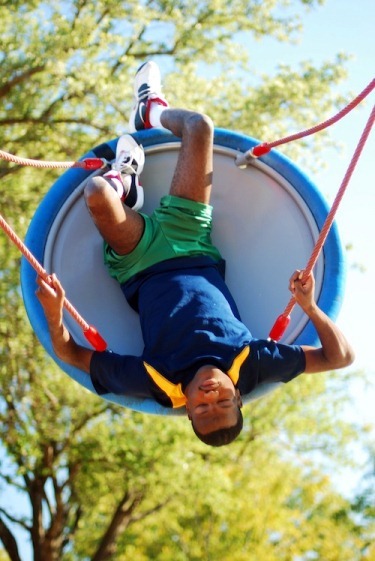OHOA Module: Availability for Learning

Learning Outcomes
- Recognize the internal and external factors that influence a student’s availability to learn.
- Be able to identify a student’s state of arousal and how to influence it so the student is available to communicate and learn.
- Be able to identify a student’s likes and dislikes and know how to use those preferences to support the student‘s availability to learn.
- Be able to identify the strongest sensory channels for a student and know how to adapt activities and actions in ways that take advantage of those channels.
- Be able to identify a student’s stress level and identify strategies that can support the student’s availability for communicating and learning.
Development Team
- Kathee Scoggin (Lead)
- Karen Christianson
- Holly Cooper
- Kimberly Lauger
- Melanie Knapp
- Deanna Peterson
- Megan Mogan
Use of this Module
This module is available for free on our website. We invite anyone to use these materials. Please note that NCDB does not provide CEUs, certificates, or confirmation of completion.
Suggested Citation
Scoggin, K., Christianson, K., Cooper, H., Lauger, K., Knapp, M., Peterson, D., Mogan, M. (2014, September, rev.). Availability for learning. In National Center on Deaf-Blindness, Open Hands, Open Access: Deaf-Blind Intervener Learning Modules. Monmouth, OR: National Center on Deaf-Blindness, The Research Institute at Western Oregon University.
